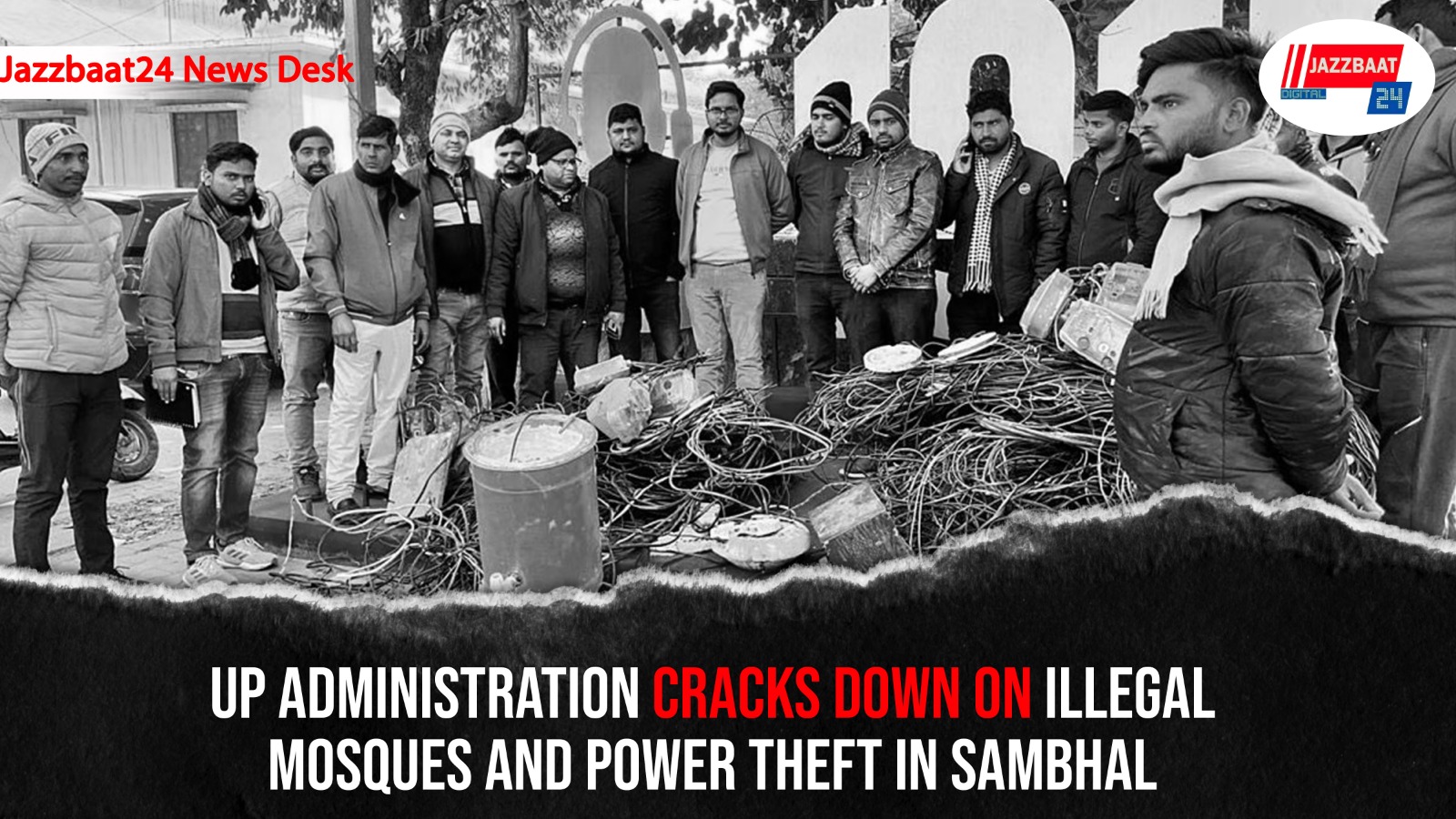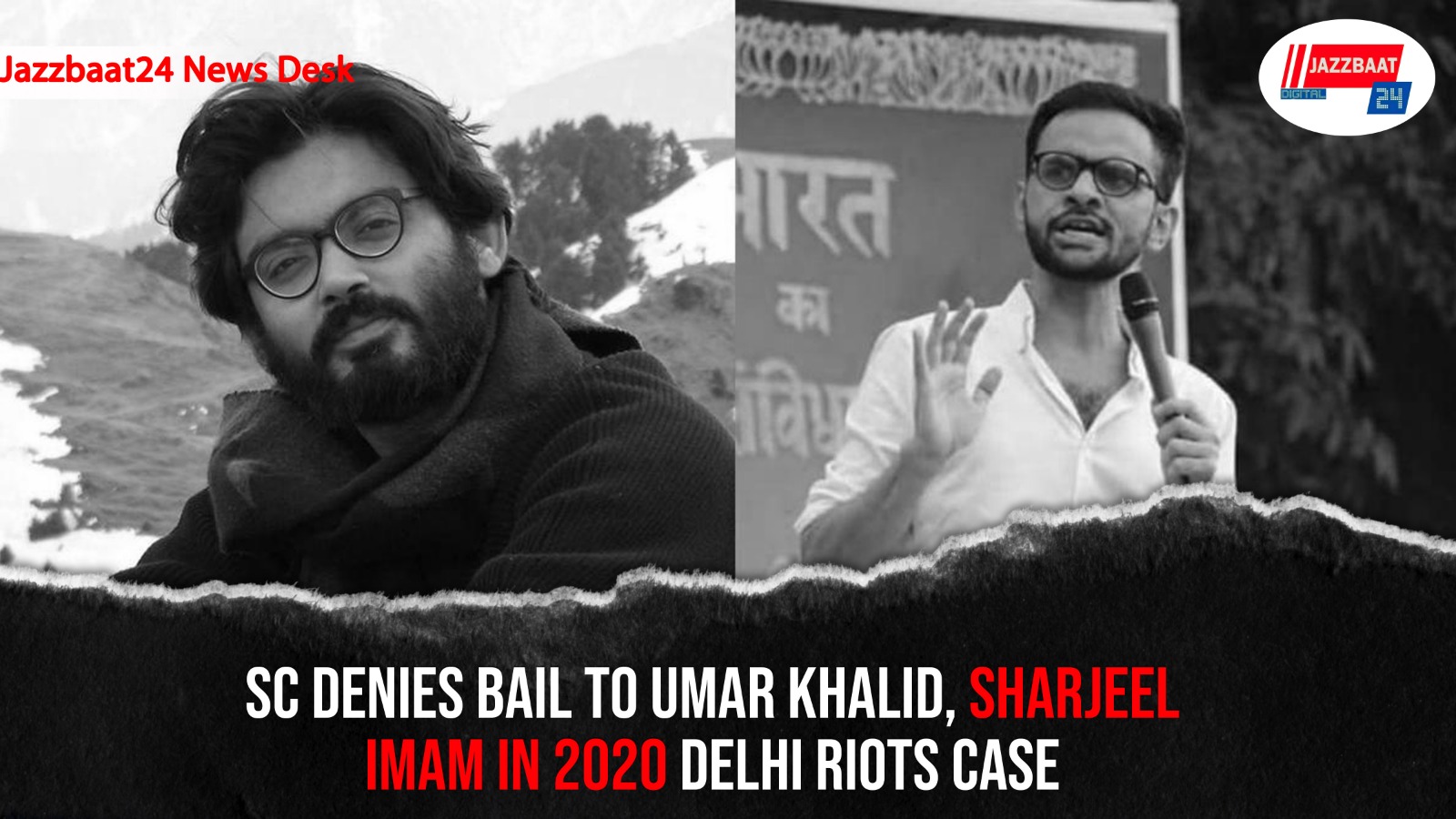In a significant development, the Allahabad High Court has granted permission for an Archaeological Survey of India (ASI) study at the Gyanvapi Mosque Complex in Varanasi. The decision came after years of legal battles between various parties over the historical site's ownership and origins.
The Gyanvapi Mosque, located adjacent to the Kashi Vishwanath Temple, holds immense historical and religious significance. The ASI's survey will aim to determine if the mosque was built over a pre-existing Hindu temple, as claimed by some groups.
The court's verdict has been welcomed by both Hindus and Muslims, as it seeks to address long-standing disputes while preserving the heritage of the site. The ASI's findings are expected to shed light on the historical truth behind the Gyanvapi Mosque Complex, promoting interfaith harmony and understanding.
The legal battle over the site dates back to colonial times and has been a contentious issue over the years. The court's decision to grant permission for the ASI survey is seen as a step towards an amicable resolution to the dispute.
Several prominent historical sites in India have been subjects of similar controversies, with differing opinions on their origins and historical significance. The Gyanvapi Mosque Complex's case has been closely watched by people across the country.
The ASI, renowned for its meticulous archaeological investigations, will now undertake a comprehensive survey at the site. This survey aims to unearth evidence of any pre-existing structures and determine the historical continuity of the site.
While the ASI's study is expected to take considerable time, it marks a crucial milestone in the pursuit of truth and justice. The court's decision reflects the Indian judiciary's commitment to resolving historical and religious disputes through evidence-based research.
The Gyanvapi Mosque Complex holds immense importance for both the Hindu and Muslim communities and serves as a symbol of India's diverse cultural heritage. The ASI's findings will not only impact the legal ownership of the site but also contribute to India's understanding of its past.
As the ASI commences its survey, authorities and stakeholders have called for restraint and cooperation from all parties involved. The aim is to ensure that the survey is conducted in a peaceful environment, respecting the sentiments of people attached to the site.
In conclusion, the Allahabad High Court's decision to grant permission for the ASI survey at the Gyanvapi Mosque Complex is a significant step towards resolving the longstanding dispute over its origins. The survey's findings will undoubtedly have far-reaching implications for the site's legal status and historical significance. It is hoped that the process will be carried out with utmost transparency and sensitivity, fostering mutual understanding and unity among India's diverse communities.




